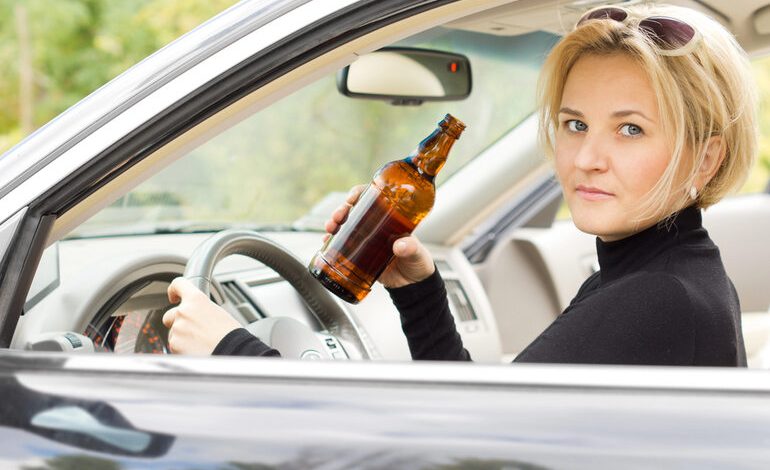What To Do If You Get a DUI in California

Getting a DUI in California is a serious offense with consequences that include heavy fines, license suspension, and even jail time. However, California’s craft beer scene offers plenty of ways to enjoy beer responsibly—thanks to rideshare services, brewery shuttle programs, and designated driver initiatives. Proper planning can help you stay safe while exploring the state’s exceptional beer culture.
If you get a DUI in California, here’s a step-by-step guide on what to do next. It becomes easier to deal with this pressing situation by having consulted a Mova Law Group Personal Injury Attorneys in San Diego who specializes in DUI cases and provided us with useful guidance after spending years handling this type of legal matter.
1. Stay Calm and Cooperate with the Police
The first thing to remember if pulled over on suspicion of DUI is to be calm and cooperative. “Law enforcement officers are trained to observe behavior during traffic stops,” says Mova. “Being argumentative or uncooperative can escalate the situation and potentially lead to additional charges.”
Still, in a place where one must give up rudimentary demands for example, where one has to present his driving license, or car registration proof of insurance he or she would also have to exercise rights, too. There is an instance wherein California applies the implied consent law; if one has the need to request chemical tests from the breath or blood but could decline the need for field sobriety testing without any negative effect on making one a crime breaker.
2. Exercise Your Right to Remain Silent
Mova instructs in some of the most crucial parts by exercising one’s right to remain silent: “Anything you say can and will be used against you in court,” he says. Politely inform the officer that you want to talk with an attorney before answering anything further than requesting your ID.
Avoid telling them how much you had to drink or even where you were off to. Such declarations may appear inconsequential on your part, but they serve as grounds against you for conviction on the prosecutors’ side in court.
3. Ask a Lawyer Immediately
If arrested for DUI, your first response should be a request for an attorney. As Mova claims, “an experienced DUI lawyer can make the difference in winning your case. From contesting the legitimacy of the stop on the traffic cop to examining whether the results from the breath test are correct, an experienced lawyer knows how to build a winning defense.”
Generally speaking, you would have ten days from the date of your arrest in California during which to apply for a DMV hearing that could reverse an automatic suspension of your license. Timing is everything, and doing nothing could leave the suspension lasting longer.
4. Understand About Possible Consequences
California takes DUI cases very seriously, and sentencing depends on things like blood alcohol concentration at the time an offense took place, prior convictions, and if anyone was harmed due to their intoxicated state. With first-time offenders, penalties consist of up to $1,000 in fines, probation, DUI school, and serving some jail time. It is likely to be harsher in punishment for a second and third-time offender compared to the first-time; jail time besides installing ignition interlock equipment.
“DUI convictions can have lasting effects far beyond the immediate punishments. They may hinder work opportunities, licenses to practice professions, and automobile insurance policies.”
5. Study Diversion Programs and Plea Bargains
Some may think that there could be diversion programs or plea bargains available for the case. Diversion programs include the setting up of alcohol education courses, doing some community service to get lesser charges, or sometimes dismissal of the case altogether. A well-experienced attorney can help you if you fit the bill and give you all the alternatives.
However, diversion programs are not offered in all cases, but the presence of the provision in some cases gives an opportunity to not get included in a criminal record permanently. Lesson Learned 6
6. Learn from the Experience
Chris Mova finally argues that people should learn from their experience and take proactive measures not to allow such things to happen in the future. “A DUI charge is a wake-up call for many people. Seek support if needed, whether it’s counseling for substance abuse or simply adopting safer habits like using rideshare services after drinking.”.
By learning from this experience, you not only safeguard your future but also continue to enjoy California’s thriving craft beer culture responsibly. With strategic planning such as designating a driver or utilizing transportation services, you can explore San Diego’s vibrant beer scene while maintaining safety and sustainability.

